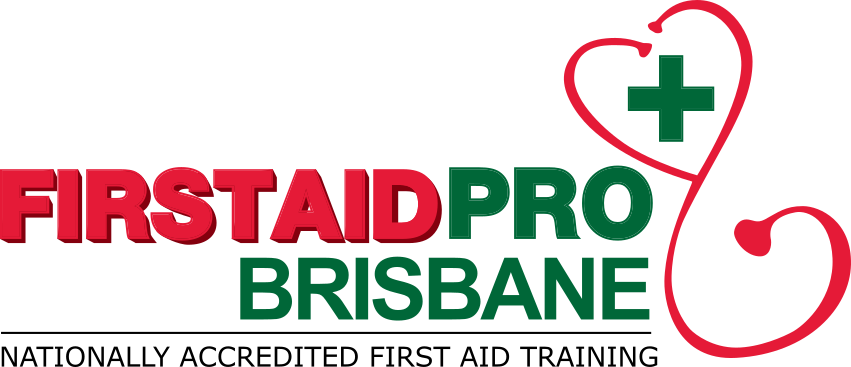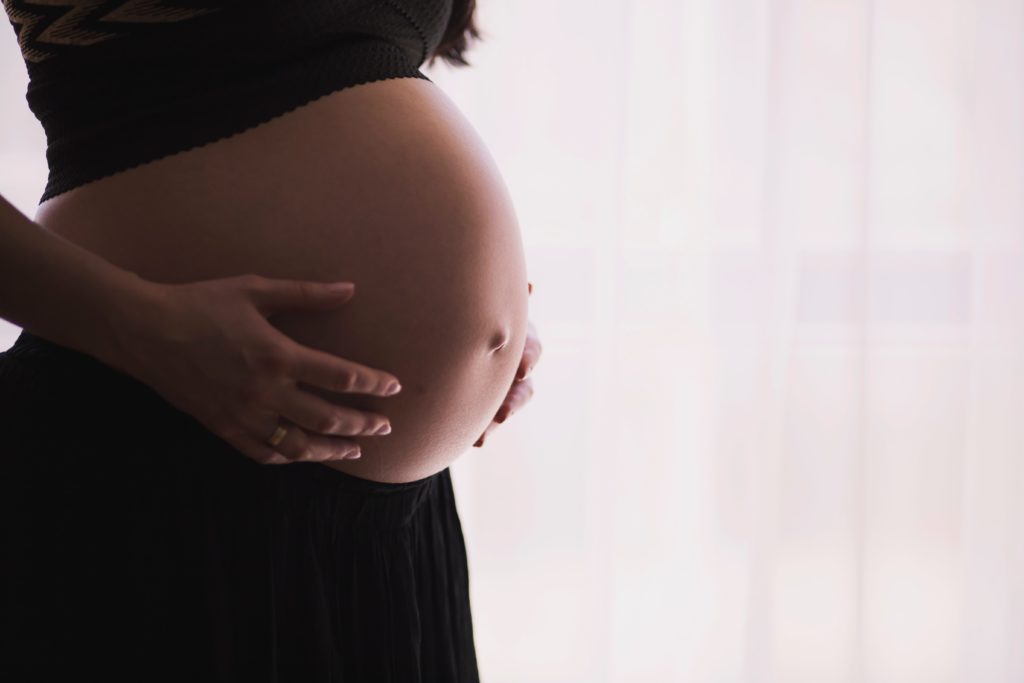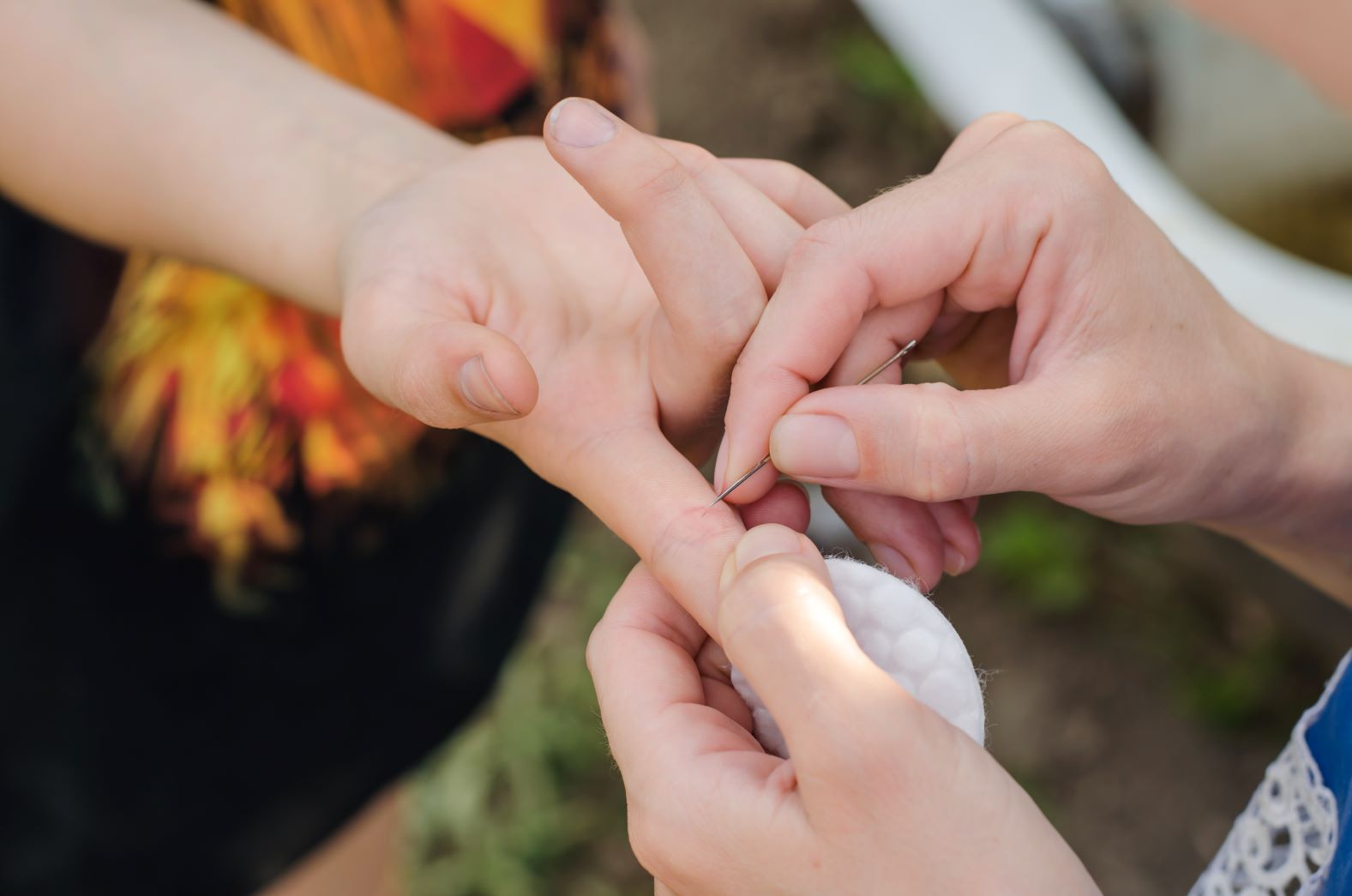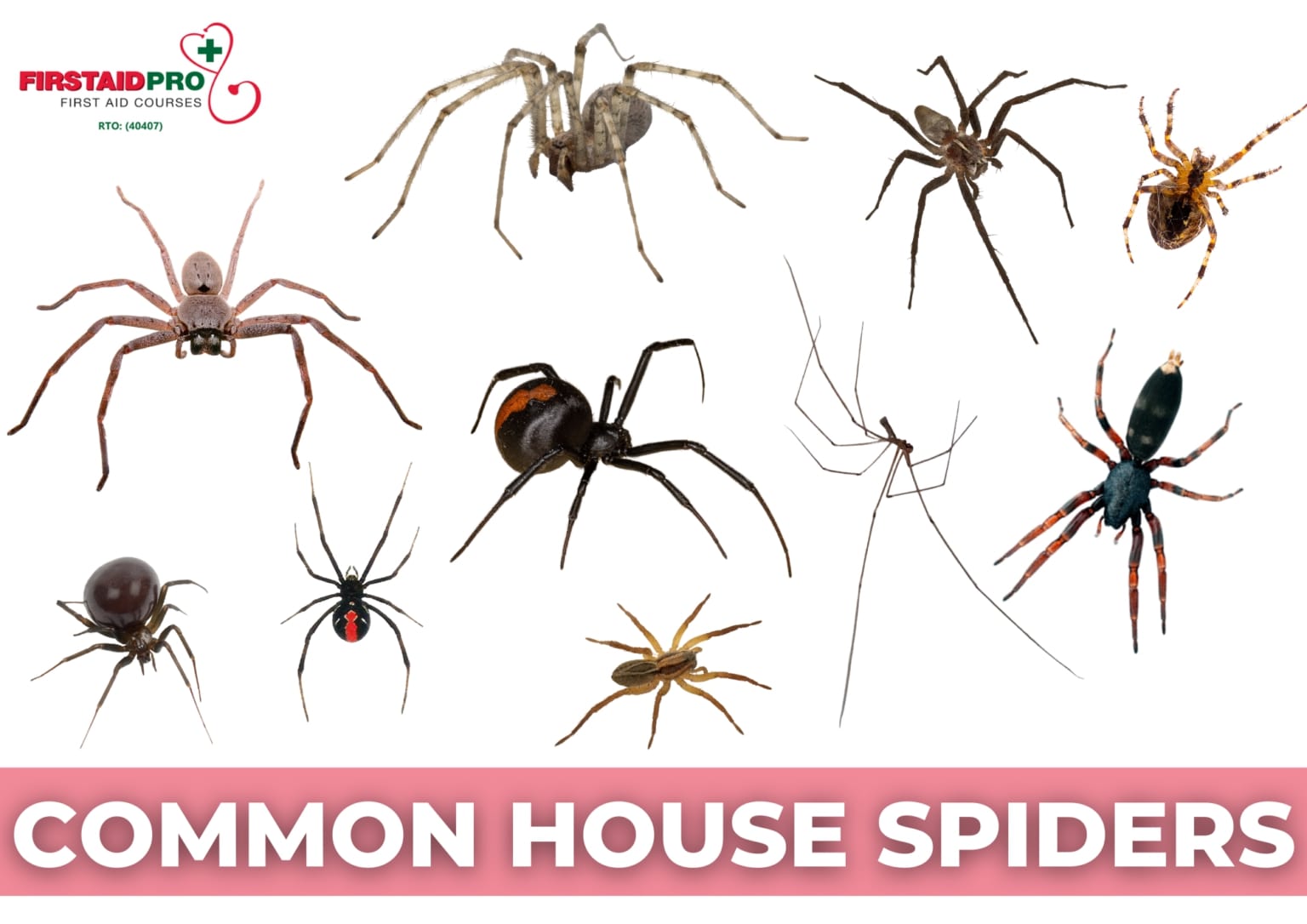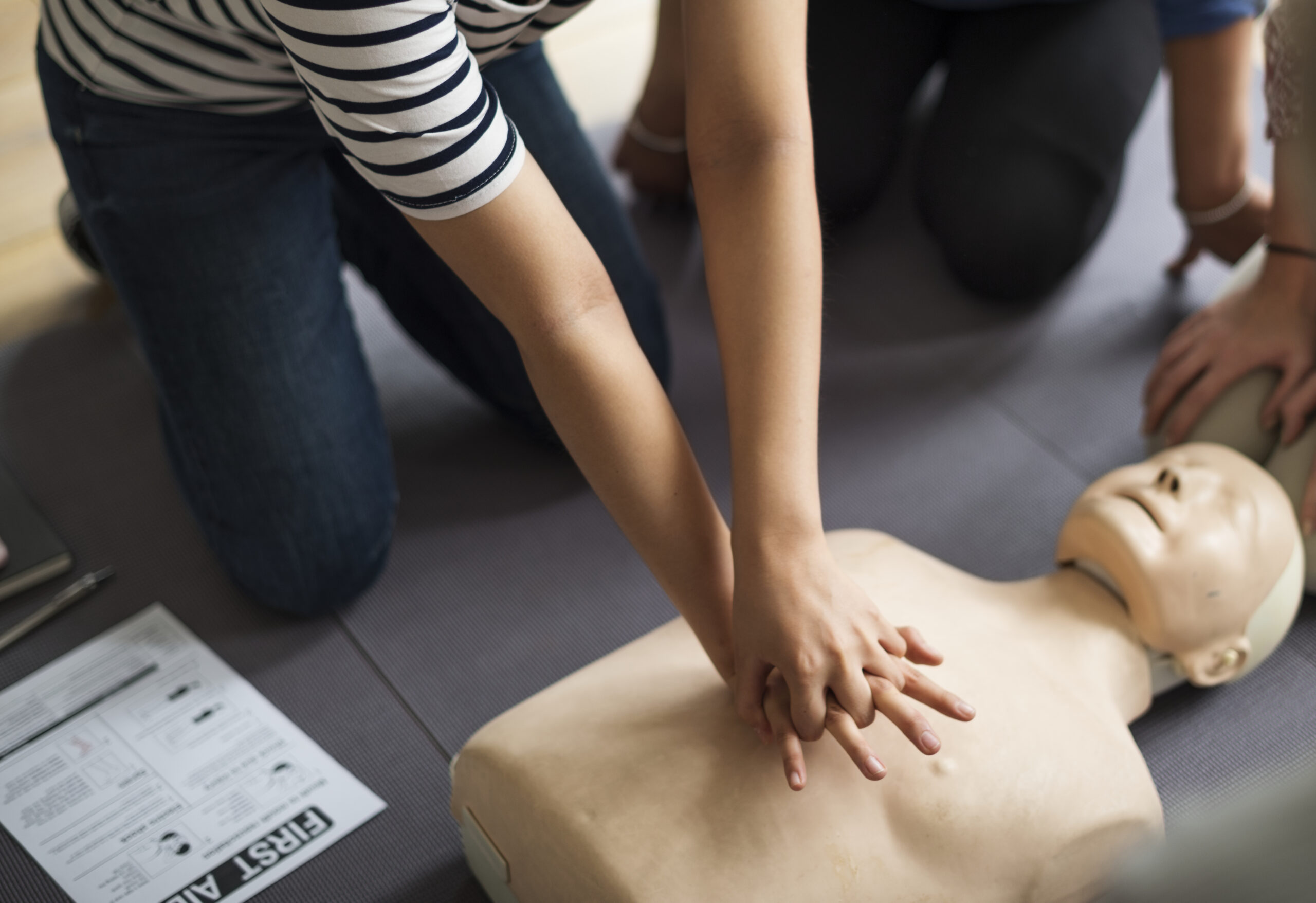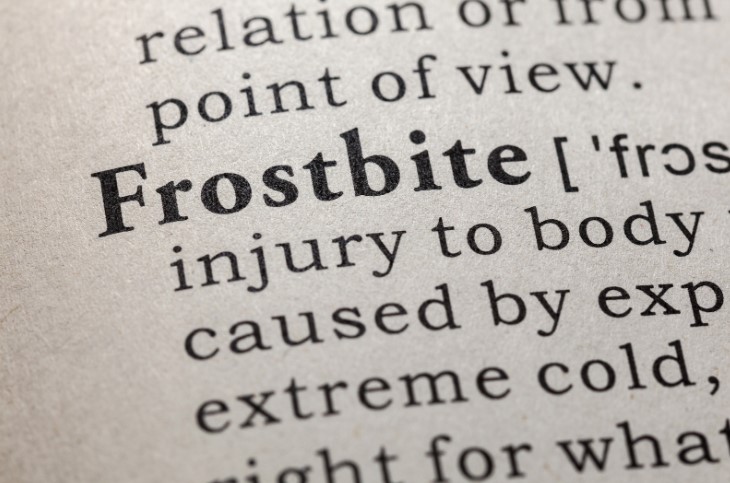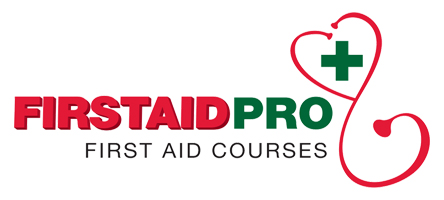In the first few weeks after giving birth, most new moms feel anxious, tired, frustrated, and sometimes overwhelmed. This phase is known as the ‘baby blues.’ Most moms will feel better within a few weeks, but some women do not recover from the intense emotions. When these feelings do not go away for two weeks, it may be hard for the mother to take care of her baby.
This Condition Is What We Call Post-Partum Depression
Postpartum depression (PPD) is a serious mental illness that affects brain function, behaviour, and physical health. If you suffer from PPD, you may experience the flat and empty feelings that interfere with your day-to-day life. There are cases where you feel disconnected from your baby, and these feelings may be mild or severe.
The DSM 5 manual used to diagnose mental disorders says that PPD is a form of major depression. The diagnosis of this condition is based not only on the length of time after delivery and onset but also on the severity of depression.
It is important to remember that it is not your fault not it is a sign of weakness when a woman gets postpartum depression. PPD is treatable, and treatment can help most women feel like themselves again.
Signs & Symptoms Of Postpartum Depression
The symptoms of PPD may vary from woman to woman, but the most common signs include:
- Feelings of sadness, hopelessness, or being overwhelmed
- Frequent worrying or panicking over things
- Blaming yourself unnecessarily
- Crying a lot and feeling moody
- Anger and becoming easily ticked off over small things
- Sleeping and eating too much or too little
- Trouble concentrating
- Not wanting to be with friends and family
- Not feeling attached to the new-born.
Postpartum depression can affect women at different ages, but some may be more at risk than others. Women who have had any depression or have a family history of mental illness are more likely to get depressed.
Other things that might increase the chance of postpartum depression include serious stress during and after the pregnancy. Medical problems and lack of support at home can also contribute to the development of PPD.
Post-Partum Depression Treatment
The three common treatments for postpartum depression are therapy, medication, and electroconvulsive therapy (ECT).
Therapy
You can talk to a therapist, psychologist, or social worker where you can learn strategies on how you can prevent PPC effects in the way you think, feel or act.
Medicine
There are different types of medicines for PPD, and all of them should be prescribed by your doctor. The most recommended medication is antidepressants. Antidepressants can help relieve symptoms, and they are safe to intake while breastfeeding. Antidepressants may take several days or weeks to start working.
Electroconvulsive Therapy (ECT)
ECT can be used as a treatment in extreme postpartum depression cases. It can quickly reverse symptoms of certain mental health conditions by passing small electric currents through the brain.
These treatments can be used alone or together. Talk with your doctor or nurse about the benefits and risks of taking medicine to treat depression when pregnant or breastfeeding.
Mental Health First Aid
Battling depression can be hard while taking care of a newborn. During these times, it is important to know that you are not alone.
If you are still unsure if you or someone is facing postpartum depression, we recommend talking to a health professional. You can also opt to take a Mental Health First Aid course.
Mental Health First Aid will teach you about risk factors and warning signs of depression. The training will teach you what to do if a loved one struggles with depression and where to turn for peer support and professional help.
